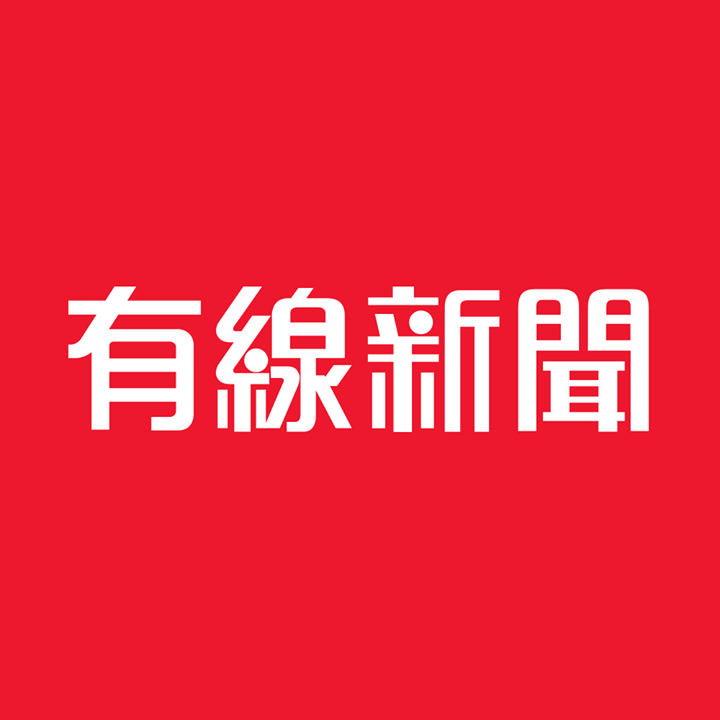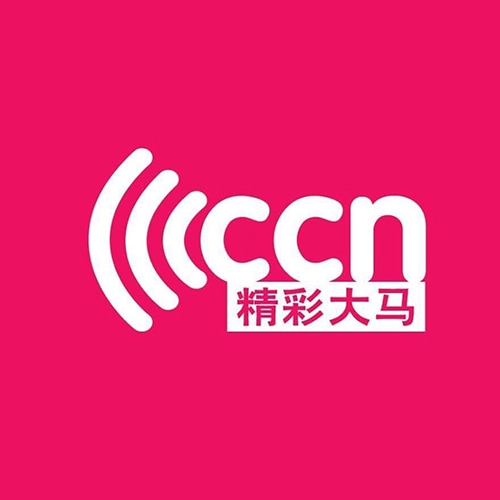Beyond US dominance: Time for a fairer global system
3 天前
This is a follow-on to UK Menon’s excellent article on Aliran “Decoupling from the West: Reclaiming academic freedom from a new colonial order”.
It is time for the US to abandon its traditional ways of engaging with the rest of the world.
US foreign policy should drastically change, especially given the recent horror of “Trump 2.0”. Shocking economic policies and racist comments by some in the current administration have caused a spate of negative repercussions globally.
Here is some context though.
While a recent Stimson Center report, “A Credible Grand Strategy: The Urgent Need to Set Priorities“, claims the US alone cannot maintain peace and security in every corner of the globe, the “real” message is that the rest of the world perceives US influence as waning. This perception did not begin with Trump 2.0.
What is the root of this perception?
The Stimson report accepts the end of “liberal hegemony”, which international relations scholar Amitav Acharya had flagged over a decade ago, at the peak of the Barack Obama-Hillary Clinton era. It was fashionable then to own and spread the narrative that US domination was still thriving, that such hegemony was necessary for world peace.
However, Washington think tanks, including more globally oriented ones like Stimson, should have seen the world without any filters. The advent of Trump 2.0, the prolonged barbarism of the state of Israel in Gaza, and the crackdown on freedom of expression on US campuses against these atrocities all point to the fact that the US-dominated world based on a “civilisational mission” is ending.
However, was this mission ever rooted in genuine freedom, rationality and the rule of law, applied equally to every human being, in every country, at every corner of the globe? Not quite.
US dominance has existed for a long time and continues. However, this is based predominantly on military power and unjust economic and financial strategies meant to discriminate, subjugate and oppress the majority.
The rest of the world, including post-colonial nations of the Global South, understand well that the crafting of a ‘world order’ requires legitimacy. It is not merely about amassing raw power, brute force and implementing exploitative economic and financial policies, masked in fancy terminology (eg division of labour, comparative advantage or elasticity of demand).
World ordering should be coupled with policies that truly benefit the bulk of humanity. The elite few who grow richer and more dominant in crafting policies that perpetuate unethical and immoral acts to oppress the majority, must not be leaders in world ordering.
The idea of the US championing a “civilisational mission rooted in freedom, reason and dissent” needs evaluation. When we speak of civilisation, we must always attribute a moral and ethical dimension to it. The very concept of civilisation embodies the concept of morality and ethics; without this, social cohesion, acceptance of diversity, and healthy community development free of racism and bigotry cannot take place.
A civilisational mission must be fuelled by a moral and ethical system of values, which are neither the cornerstone of the military nor the liberal capitalist economic system.
Over the last decade, US dominance has generated a backlash. Nations around the world are demanding clearer US legitimacy. The act of world ordering requires legitimacy rooted in universal values and an understanding of difference.
Instead, the system, from the very beginning after World War Two, has been premised on “othering”, ie Democracy and Freedom versus Communism and Authoritarianism. Binary thinking and “othering” has been the cornerstone of Western (US) world ordering, because it is easy to divide and rule.
However, world ordering requires more than brute military power and the use of economic and financial bullying tactics. It requires communication skills across diverse cultures and the painstaking effort to ‘know’, to read, to comprehend different ideas, to understand perspectives rooted in belief systems (religion) and to apply context.
We thought Western liberal education promoted all of this. Somehow, somewhere, these fundamentals of education have been derailed. With Trump 2.0, this fundamental “civilisational mission” is no more.
There is no denying that many American entities external to the US federal government may continue to harbour ethical and ‘civilisational’ ideals (such as the higher education establishment, individual academics, civil society organisations, certain donor organisations and the US legal establishment with its independence from politics).
However, the bulk of the American state operatives and both the Democrats and Republican administrations throughout the 20th Century (up till today) have decided that the US global mission is to dominate. It is committed to imposing certain values, whether economic, financial, legal or environmental, to subjugate the rest of the world for the sake of market control. The goal is extractive, mainly to gain access to resources, with the aim of maximising profit.
It is important to factor in another conceptual dimension to understand the American state. After World War Two and more so after the formation of the UN, the direction of the academic discipline of international relations started transitioning from a Europe/UK-centric agenda to a predominantly US-centric agenda. Strategic studies emerged as a popular subdiscipline, and included military and defence studies.
It is significant to mention both international relations and strategic studies as important developments because many American university research centres, faculties and departments were being funded by huge corporations with links to the federal government. Subsequently, during the Cold War, many more international relations, strategic studies and area studies departments emerged across US campuses.
The idea, among others, was to ‘educate’ the world that the US was in control, economically and militarily. This is what a superpower does anyway.
The Bretton Woods institutions (the World Bank and the International Monetary Fund), formed towards the end of the war, was part of this US preparation as well, for world domination, under the guise of promoting liberal economic systems and ‘opening up markets’. This narrative was to supposedly support the wave of decolonisation that was taking place as well.
The narrative was about helping to develop the rest of the newly independent and post-colonial nations, so that “everyone prospers”. The latter phrase describes globalisation, the next ‘sexy’ idea to come out of the West, which promised sustainable and equitable development across the globe.
In hindsight, we now know that both the Bretton Woods/UN systems and globalisation have been further dividing the globe. One only has to look at the UN Security Council and the existing UN veto system to realise how skewed it is. Globalisation has proven that the rich indeed have become richer while the poor remain destitute.
Furthermore, the formation of the state of Israel and its subsequent atrocities (long before 7 October 2023), as well as the rise of China are the clear push factors that are dismantling so-called Western ideals that UK Menon refers to in his article.
The US’ systematic exploitative agenda since World War Two has come full circle to bite it in the rear. Now is the time for the rest of the world to set a more sustainable and proactive agenda that tackles rising poverty and rejects military and economic bullying.
One problem remains endemic though, in the non-West. Countries in the Global South cannot achieve a better development agenda if we keep propping up corrupt leaders.
Our leaders must develop stronger, healthier backbones. They must be true socialists and create policies that benefit the people. They must abandon their narrow-minded agendas, crafted to benefit the elite few in society.
Is this a possibility or a naïve pipe dream?
...Read the fullstory
It's better on the More. News app
✅ It’s fast
✅ It’s easy to use
✅ It’s free









